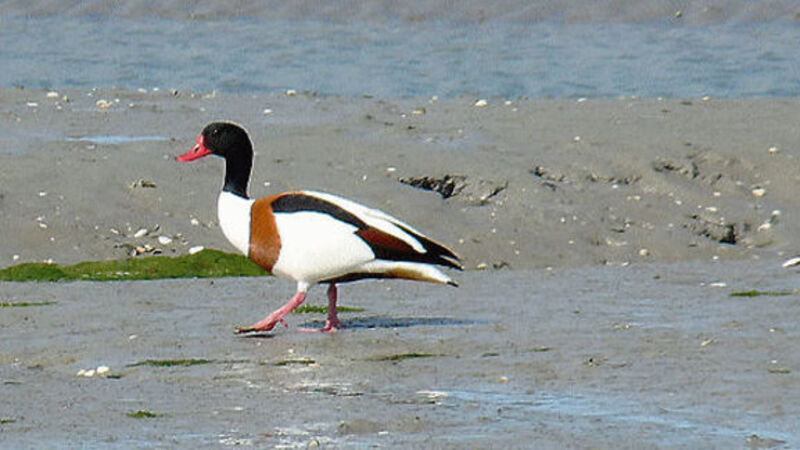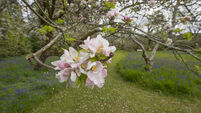Shelducks and waders in decline

Those visiting Britain are largely the ones which come here. The report, based on synchronised counts, is therefore of particular interest to us. BirdWatch Ireland, supported by the National Parks and Wildlife Service, carries out similar surveys.
Shelduck numbers are causing concern in Britain. According to the Waterbirds report, fewer shelducks are spending the winter in the UK.













